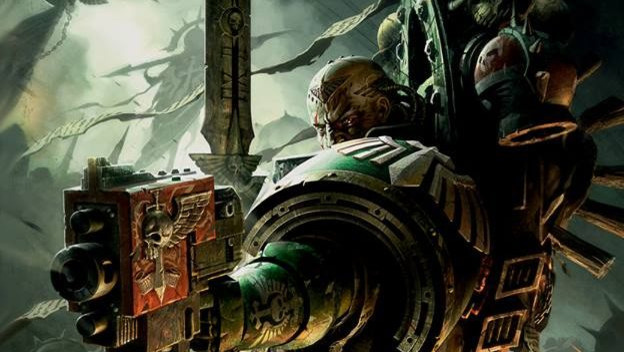No matter which side of the platform fence they’re on, most gamers will agree that the coming generation of console gaming is shaping up to be the best yet. The unending stream of game teasers and announcements that we’ve seen since E3 2013’s conclusion will attest to that. We’ve also seen plenty of evidence that labels the era of the PS4 and Xbox One extremely… colorful, to say the least. Naughty Dog has decided that their current-gen engine is good enough to tackle the new frontier; Ubisoft doesn’t remember that there is such a thing as quality, one-off releases, instead favoring the perpetuation of franchises; Microsoft has done enough gymnastics to trounce any Olympic athlete; and Sony is too busy talking to decide what they want to talk about.
But, even amidst all the turmoil, we can still nail down a few constants in next-gen agendas. Putting technical console jargon and social-media babble aside, there are three obvious trends regarding actual games: indie, open world, and MMO (which are often joined at the hip). The former two are nothing new; there’s just been a jump in frequency across the board. MMO-itis, however, is very new to the game. Stranger still is Capcom’s recent enlistment in the MMO army.
All things accounted for, Capcom isn’t doing so hot. With lukewarm reception on their recent Resident Evil releases, the news that they rejected Dragon’s Crown (which went on to become a resounding success Japan-side and garner critical acclaim over here), and their comparatively slow release-lineup dragging behind them, the publisher isn’t expected to shatter any standards overnight. However, they’re also not going to up and leave, and they do have plans for next-gen gaming. As you may have guessed, those plans are of the online variety.
As reported by Dualshockers , Capcom has now confirmed that their mystery project Deep Down is being designed as an online title (and possibly as a PS4 exclusive). The news comes from their recent presentation, “Capcom Network Games Conference,” which also put the notions of “online only” and “reading RPG” to Deep Down . “Reading RPG” could be anything from text-based navigation to combat analysis for all we know, as the studio has yet to elaborate on the label’s significance, but “online only” speaks for itself.
Whether it’s through a very Dark Souls -esque multiplayer integration or an always-on backbone, Deep Down is going online. Given the widespread popularity of MMO development—from Destiny and The Division to Elder Scrolls Online —and the omitted mention of a plausible offline mode, I’m guessing it’s the latter.
Simultaneously, Capcom recently disclosed further information on the next Monster Hunter installment. The most important detail in the news release is that, as Gematsu points out, the game comes paired with a monthly fee of 1,400 yen (which could come out as anywhere from $10-$15 stateside). This shows that Capcom is taking the online aspects of Monster Hunter past its tipping point and adding a full-blown subscription to the series—inadvertently exacerbating their reputation of nickel-and-diming.
What’s important here is that this is a growing trend. As previously mentioned, Bungie has Destiny in the works, Ubisoft‘s got Tom Clancy’s The Division , and Zenimax is bringing Elder Scrolls Online to the PS4 and Xbox One. At this point, I’m just waiting to hear about Final Fantasy XIV: The MMO —wait, that happened, too.
The question then becomes, “Why?” Why are we suddenly seeing a surge in MMOs and general online activity?

The obvious answer is technology. Developers now have access to viable, console-based MMO infrastructures. The PS4 and Xbox One boast a level of networking heretofore confined to the PC market—a minor focus for many of the above developers—which means studios can reach out to bigger, bolder genres—namely MMOs. This likely played a significant role in the decision to take the multiplayer plunge, but I strongly doubt it was the key motivator.
Fundamentally speaking, MMOs align with many of the more prominent goals of next-gen development. Manufacturers, publishers, and developers are all clambering for an interconnected, dynamic gaming experience in the next generation. And a major factor in that is a profound emphasis on digital activity and online integration—both of which are rife with the increasingly popular microtransaction. MMOs offer all of that and the option of a quaint little monthly payment tacked on the side, so it’s no wonder they’re becoming so popular.
I’m not saying that Destiny and Deep Down and all other next-gen MMOs are nothing but digital hype and pay-to-play gouging. On the contrary, I’m excited to see the MMO genre branch out from its PC origins, and I’m interested to see how effectively console developers make use of it. Regardless, the fact remains that we’re going to be stuck with the things, one way or another, and there are clearly avenues for nickel-and-diming. Just how relevant those avenues become remains to be seen.
